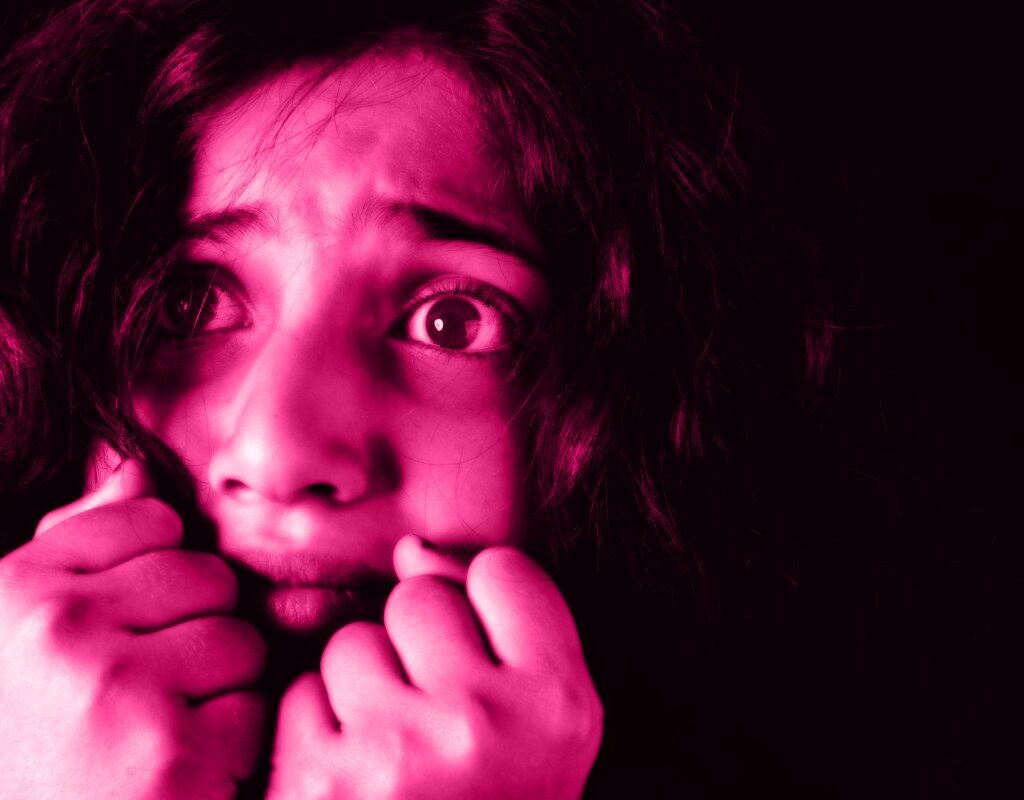Historically, health workers have been influenced by the scientific paradigm of modernity which has established a clear separation between body and mind, as well as between human beings and nature.
The Spiritual Dimension in Health Care: Beyond Science and Technology
This approach has led to the development of numerous medical specialties that have provided countless benefits in terms of diagnosing diseases and methods of healing.
Although we recognize the merits achieved through this approach, we must not forget that the vision of totality, that is, the understanding of the human being as part of a larger society, of nature and of cosmic energies has been lost sight of.
The disease is seen as a rupture in this totality and healing is conceived as reintegration into it.
Within each of us, there is a dimension that is responsible for cultivating this totality and taking care of the structural axis of our lives and that dimension is the spirit.
Spirituality is derived from the spirit and refers to the cultivation of what is proper to it: its capacity to project unifying visions, establish connections between all things and relate them both to each other and to the Original Source of every being.
It is important to point out that if we consider that the spirit implies relationship and life, its opposite does not matter and the body, but rather death is understood as the absence of relationship.
The frontal lobe and the biological basis of Spirituality: a neuroscientific approach
Spirituality is defined as any attitude and activity that encourages the expansion of life, conscious relationship, open communion, deep subjectivity and transcendence as a way of being always willing to new experiences and knowledge.
Neurobiologists and brain researchers have identified the biological basis of spirituality which is found in the frontal lobe of the brain.
Through empirical research, it has been observed that when the broader contexts are perceived or a significant sense of totality is experienced, as well as when ultimate realities full of meaning are approached in an existential way and attitudes of adoration, devotion and respect are adopted, there is an acceleration in the periodic vibrations of the neurons located in this area of the brain.
These findings suggest that spirituality has a neurobiological basis and that frontal lobe activation may be associated with spiritual experiences and the search for a transcendent connection.
However, it is important to note that spirituality encompasses dimensions beyond brain function and that its understanding involves broader emotional, cultural and philosophical aspects.
The ‘God Point’: Exploring the manifestation of the mystical mind in the brain
The phenomenon is known as the “God point” in the brain or the manifestation of the “mystical mind” according to Zohar in his work “SQ: Spiritual Intelligence” (2004). This concept describes an internal organ through which the presence of the Ineffable within reality is perceived.
This phenomenon represents an evolutionary advance in humanity since the human being, in its nature as a human-spirit being, is capable of perceiving the Frontal Reality that supports all things. He surprisingly realizes that he can establish a dialogue and seek an intimate communion with that reality.
This possibility dignifies the individual, spiritualizes him and leads him to a greater degree of perception of the connection that unites and unites all things. He feels immersed in that Whole.
The God point is manifested through intangible values such as compassion, solidarity, respect and dignity.
Awakening this point God implies freeing him from the ashes with which an overly rationalist and materialistic culture has covered him, allowing spirituality to emerge in people’s lives.
Ultimately, spirituality is not just about thinking about God, but about feeling God through that internal organ and experiencing his presence and action from the heart.
We perceive it as enthusiasm (in Greek, “having a god inside”), which drives us, heals us and gives us the will to live and to constantly create meanings for our existence.
Bridging the Bridge Between Spirituality and Health Care
The importance we attach to the spiritual dimension in the care of health and illness is fundamental. Spirituality has its own healing force that should not be underestimated.
It is important to note that spirituality is not something magical or esoteric, but rather a way of strengthening the energies inherent to this dimension which are as valuable as intelligence, libido, power and affection, among other dimensions of the human being.
These spiritual energies are extremely positive since they include love for life, openness to others, the establishment of bonds of fraternity and solidarity, the capacity for forgiveness, mercy and indignation at the injustices of the world.
While we recognize the value of conventional therapies, there is also a “supplément d’âme”, as the French would say, that is, a supplement that reinforces and enriches what already exists with factors from another source of healing.
The established model of medicine does not have a monopoly on diagnosis and cure. It is at this point where spirituality finds its space and makes its way.
Spirituality strengthens confidence in life and healing
Spirituality, first of all, strengthens a person’s confidence in the regenerative energies of life, in the competence of medical professionals and in the diligent care of nurses.
From the perspective of profound and transpersonal psychology, we know that trust in the normal course of life has therapeutic value.
Trust implies believing that life has meaning, that it is worth living and that it has an internal energy that nourishes itself, making it precious. This trust is rooted in a spiritual vision of the world.
Spirituality implies the conviction that the reality we perceive is more than what analysis reveals to us. We can access it through the inner senses, intuition and the secret paths of cordial reason.
It is clear that there is an underlying order in sensitive reality as stated by the renowned quantum physicist and Nobel Prize winner, David Bohm who was a disciple of Einstein.
This underlying order influences the visible orders and may surprise us. Often, doctors themselves are surprised at how quickly someone recovers or how situations that are considered irreversible regress and end up healing. Believing in the invisible and unmeasurable implies recognizing that it is part of what is visible and predictable in our environment.
Spirituality as a source of hope and healing in times of illness and death
In the spiritual world, there is the unshakable hope that life does not end with death but is transfigured through it.
Our dreams of returning to a normal life trigger positive energies that contribute to the regeneration of life in a state of illness. However, an even greater strength lies in the faith of feeling in the palm of God’s hand.
Confidently surrendering to His will sincerely wanting to heal but also accepting serenely if He calls us to Him, is what implies the presence of spiritual energy.
It is important to remember that we do not die but that God comes to seek us and takes us to where we have always belonged, to His house, to live with Him. These spiritual convictions act as sources of living water, generators of healing and the power of life. They are the fruit of spirituality.




